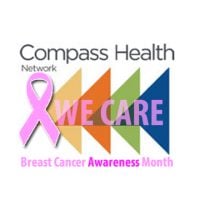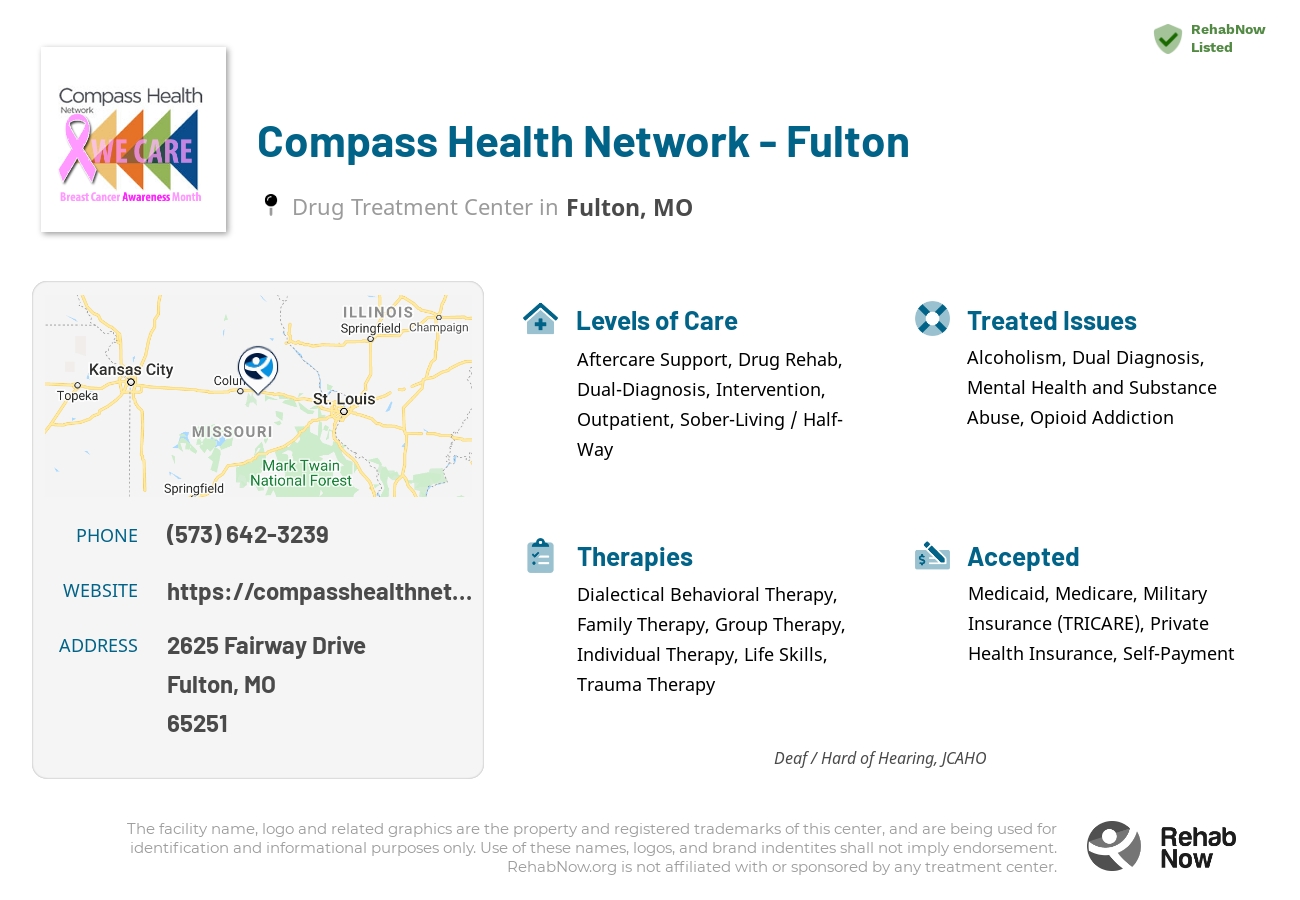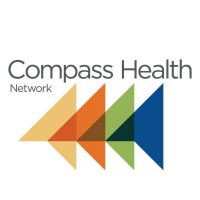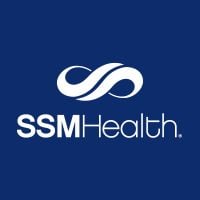Compass Health Network - Fulton
Drug Rehab Center in Fulton, Missouri
Compass Health Network - Fulton in Missouri is a fully accredited facility offering a wide range of patient-centered services and evidence-based approaches to treat addiction and substance abuse, including specialized trauma treatment, relapse prevention programs, and nutrition counseling.
About Compass Health Network - Fulton in Missouri
Compass Health Network - Fulton, situated in Fulton, Missouri, stands out for its comprehensive approach toward treating substance use disorders and mental health issues for both children and adults. This facility embraces a unique whole-person approach to health, ensuring that every aspect of an individual's well-being is addressed.
Compass Health Network - Fulton is recognized for its high standards, holding accreditations from CARF and JCAHO and a state license. These accreditations underline the facility’s commitment to providing quality, evidence-based treatment and aftercare support tailored to meet the specific needs of its clients.
- Tailored treatment plans are a cornerstone here, ensuring services meet individual care levels from detox to sober living.
- Accredited by CARF and JCAHO, this facility adheres to the highest standards of care in addiction treatment.
- A holistic approach treats not just the addiction but also provides mental health services, fostering overall well-being.
This center addresses a broad spectrum of substance use disorders, offering specialized treatment for challenges like alcoholism, opioid addiction, and dual diagnosis. With a variety of treatment methods, including outpatient therapy, Drug Court Assessment, and Corrections support, alongside different levels of care, the facility is equipped to guide individuals on their path to sobriety.
Genders
Ages
Modality
Additional
Accreditations
State License

JCAHO

CARF
The Commission on Accreditation of Rehabilitation Facilities (CARF) is a non-profit organization that specifically accredits rehab organizations. Founded in 1966, CARF's, mission is to help service providers like rehab facilities maintain high standards of care.
Conditions and Issues Treated
Opioid addiction has become a significant health problem in the United States. When a person’s life becomes unmanageable because of an opioid addiction, treatment can help them get sober. Treatment includes medical care and counseling.
“With so many people struggling with opioid addiction, we need more care and attention for those who want to quit. Opioid addicts often take opioids when they experience a painful injury – that’s how the cycle starts! When someone begins taking their medication differently than prescribed or takes an excessive amount of drugs, it means they’re hooked on drugs and in danger of overdosing.
The most successful way to beat this is through detoxing from these types treatments at Compass Health Network - Fulton in . Most facilities start by using medical support during the process while providing counseling services; rehabilitation comes later on after treatment has been completed successfully.
A “dual diagnosis” is when the individual has two medical issues at the same time. The top co-occurring mental disorders with addiction are depression, anxiety, ADHD, bi-polar disorder. Addiction is also considered a mental illness that is not a choice but rather a medical condition. Addiction can be caused by any number of underlying issues.
Dual diagnosis is provided by Compass Health Network - Fulton to treat addictive tendencies as well as any untreated mental illnesses. This ensures successful long term health and recovery for patients after treatment has been completed.
Dual diagnosis is provided by Compass Health Network - Fulton to treat addictive tendencies as well as any untreated mental illnesses for people in Missouri. This ensures successful long term health and recovery for patients after treatment has been completed.Levels of Care Offered
This center offers a variety of custom treatment tailored to individual recovery. Currently available are Aftercare Support, Drug Rehab, Dual-Diagnosis, Intervention, Outpatient, Residential, Sober-Living / Half-Way, with additional therapies available as listed below.
Outpatient programs at Compass Health Network - Fulton, the Fulton resident can live with their family while continuing with their job or studies. Treatment includes educating the patient on drug abuse, medications, and counseling sessions at the individual or group level. Outpatient treatment plans cover diagnosis, detoxification, management, and counseling. They are a popular option for those who have graduated from inpatient facilities.
Sober living homes (abbreviated SLHs or sometimes sober houses ) are temporary housing for recovering addicts, most often those in early or mid stage recovery, who typically live in the home for 3 to 6 months.
The typical SLH functions as a halfway house, providing a stable living environment for addicts in recovery.
While at an SLH, residents typically meet with various therapists on site and attend regular 12-step meetings as well as other recovery group meetings.
Residential treatment programs are those that offer housing and meals in addition to substance abuse treatment. Rehab facilities that offer residential treatment allow patients to focus solely on recovery, in an environment totally separate from their lives. Some rehab centers specialize in short-term residential treatment (a few days to a week or two), while others solely provide treatment on a long-term basis (several weeks to months). Some offer both, and tailor treatment to the patient’s individual requirements.
Interventionism is a technique used to help an addict get clean and sober. The process begins with the addict’s family, friends, and co-workers gathering together to confront the addict about their addiction. This often happens when the addict is in the middle of a particularly bad bout of drug abuse.
The addict’s friends and family members are encouraged to share their feelings about the addict’s behavior with them, as well as what it’s doing to the addict and their loved ones. At first, the addict is typically resistant to this form of treatment because they feel it’s an intrusion on their private life. They may be upset or even angry at the interventionist for orchestrating this meeting. Over time, though, most addicts come to understand that their loved ones are only trying to help them.
During the intervention, the addict’s family and friends are encouraged to tell the addict how their drug use has affected their lives. The interventionist is there to help everyone organize their thoughts and communicate their message. They also help to ensure that the conversation doesn’t become aggressive or combative, which could put the addict on the defensive and make them reject the intervention.
This kind of treatment aims to get the addict in touch with their feelings about their addiction. They are encouraged to speak honestly about their drug use, as well as how it’s making them feel. They’re also asked to consider the consequences of their drug use and how it’s hurting their loved ones. The addict is allowed to see how their addiction has become a problem for everyone around them.
Without aftercare support, addicts can easily relapse back into addiction. It is crucial to integrate the addict back into society. Aftercare support should take place after outpatient treatment has ended.
There are a few different types of aftercare support that patients can seek after completing an inpatient treatment program:
- 12 Step Self-help groups (AA, NA)
- Therapeutic communities,
- Long-term, structured sober living arrangements
- Halfway houses (residential treatment centers)
Many different support groups exist for addicts to seek help after treatment. Some are more effective than others, depending on the person’s addiction, background, and other factors.
Therapies & Programs
Individual therapy is a form of counseling where you meet with a trained professional one-on-one. Meeting with a therapist in this setting allows for a personal and trusting relationship to be built. This allows the patient to open up about sensitive or private issues they may not feel comfortable discussing in a group. Individual therapy helps identify the root causes of your addiction, which can help prevent relapse.
Family therapy is often done alongside drug treatment to help addicts stay sober. The goal of family therapy for drug addiction is to create an environment where communication can happen without judgment, hostility, or blame. The therapist will sit with the family so they can learn how to communicate differently and provide new tools for dealing with emotions so that people don’t want to drink or do drugs. It’s important for families to focus on relapse prevention plans during treatment so that if the addict feels like they want to use again, they’ll know what steps they need to take together to prevent it from happening again in the future.
Group therapy sessions are another common addiction recovery service. These group sessions typically involve six to 12 addicts who meet regularly with a trained professional for support and guidance.
During these sessions, the group shares their experiences with one another and provides feedback that can help each member avoid relapse or overcome specific obstacles they are facing in their recovery process. With this type of support and guidance, addicts can feel like they are part of a community that understands their struggles and will help them get through the hard times.
Many people struggling with drug addiction have experienced some form of trauma in their lives. It is crucial that these individuals seek out professional help; otherwise, their drug abuse and addiction will likely continue.
Therapists and counselors at drug treatment centers employ several treatment programs to help people struggling with drug addiction, including trauma therapy. Trauma therapy helps people dealing with addiction by allowing them to confront the traumas of their past and move past them.
It is important to note that trauma therapy should not be confused with PTSD (post-traumatic stress disorder). Rather, it is used to treat the effects of trauma, which are often at the root of addiction.
Dialectical Behavior Therapy was developed in the 1980s to treat chronically suicidal individuals. It is a cognitive-behavioral therapy that combines standard DBT with strategies derived from Zen Buddhism, such as mindfulness training.
DBT has been adapted for use with other types of psychiatric problems, including eating disorders, substance abuse disorders, borderline personality disorder, posttraumatic stress disorder (PTSD), and other personality disorders. Dialectical Behavior Therapy is considered a psychosocial treatment of BPD. This means that while it can be used alone or in conjunction with drug treatments, DBT does not rely on medications to treat the disorder. Instead, DBT aims to help patients change their thinking and behavior.
Cognitive Behavioral Therapy (CBT) focuses on the underlying thoughts and behaviors that caused the problem of addiction in the first place and may cause a relapse. Negative feelings are common in drug abuse disorders, but they can lead to co-occurring disorders if not recognized. CBT involves strategies that help to change the behavior pattern by restructuring negative thoughts into positive ones. It helps to remove these feelings, and it provides long-term benefits. Also, CBT promotes self-awareness and self-control. It can be administered as a monotherapy or as part of combination therapy.
CBT can improve the patient’s mood, reduce drug cravings and boost success rates on treatment plans. Regular practice can help individuals handle negative attitudes, thoughts, and feelings without turning to drugs or alcohol. The core belief of Cognitive Behavioral Therapy (CBT) is that one’s moods, behaviors, and actions are all connected. Individuals can improve their quality of life using CBT. It helps addicts understand the patterns of thought and feelings that cause them to use drugs or alcohol and develop a healthy response.
It’s not as simple as quitting drinking or using drugs and expecting the hard part to be over. Many addicts in recovery have discovered that they need to improve skills such as time management, organization, communication, socialization, and self-esteem. Learning certain life skills can help those who are struggling with addiction.
Payment Options Accepted
For specific insurance or payment methods please contact us.
Is your insurance accepted?
Ask an expert, call (888) 674-0062
Compass Health Network Associated Centers
Discover treatment facilities under the same provider.
- Compass Health Network – McCambridge Women and Children’s Treatment Center in Columbia, MO
- Pathways Behavioral Health - Remington Plaza in Raymore, MO
- Compass Health Network - New Town in Saint Charles, MO
- Compass Health Network - Lebanon in Lebanon, MO
- Compass Health Network - Nevada in Nevada, MO
Learn More About Compass Health Network Centers
Additional Details
Specifics, location, and helpful extra information.
Fulton, Missouri 65251 Phone Number(573) 642-3239 Meta DetailsUpdated April 15, 2024
Staff Verified
Compass Health Network - Fulton Patient Reviews
There are no reviews yet. Be the first one to write one.
Fulton, Missouri Addiction Information
Opioid-related overdoses in Missouri have been increasing steadily for the past three decades. In 2018, more than 1,130 people in Missouri died from opioid abuse. Methamphetamines and marijuana abuse have surpassed opioid abuse in Missouri. Missouri is the number 1 methamphetamine manufacturer in the country with more than 27 meth labs per 100,000 people.
Fulton, Missouri has a moderate drug addiction and abuse problem. 9.8 percent of the population in Fulton, MO, abuse drugs or alcohol. Over 1,000 hospitalizations were due to drug overdoses in Fulton County in 2016. The most commonly abused drugs in Fulton, MO, include alcohol, marijuana, methamphetamine, and heroin. By doing your research, you can find a treatment facility that will give you the best chance at recovery.
Treatment in Nearby Cities
- Piedmont, MO (138.0 mi.)
- Mountain Grove, MO (122.1 mi.)
- Saint James, MO (64.0 mi.)
- Poplar Bluff, MO (170.1 mi.)
- Fenton, MO (86.0 mi.)
Centers near Compass Health Network - Fulton
The facility name, logo and brand are the property and registered trademarks of Compass Health Network - Fulton, and are being used for identification and informational purposes only. Use of these names, logos and brands shall not imply endorsement. RehabNow.org is not affiliated with or sponsored by Compass Health Network - Fulton.












